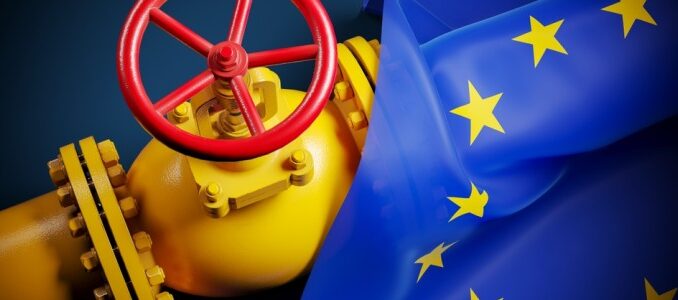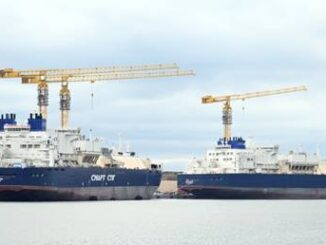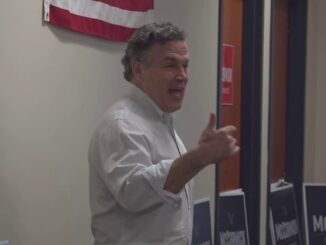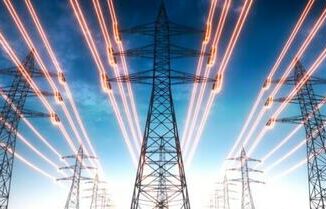
- The EU is considering a price cap on Russia’s natural gas exports in order to reduce both its energy bill and Russia’s ability to wage war on Ukraine,
- The CEO of Gazprom has said that a price cap on Russian natural gas would lead to a termination of supplies as it would violate existing contracts.
- EU leaders are meeting again at the end of this week, at which point the Commission is expected to make its official proposal on the issue.
Any decision to impose a price cap on Russian natural gas exports would result in the suspension of said exports, the chief executive of Gazprom, Alexei Miller, said in response to reports the EU is considering such a move.
“Such a one-sided decision is of course a violation of existing contracts, which would lead to a termination of supplies,” Miller said on Russian TV, as quoted by Reuters.
Russian gas deliveries to Europe have already declined substantially since the Ukraine invasion as the EU rushed to diversify its sources of the commodity and Gazprom reduced flows via the Nord Stream 1 pipeline before it got blown up last month.
The European Union has been hard at work trying to find a way to reduce its gas bill, with price caps among the most actively promoted options. However, there is no agreement yet on the kind of price caps to be implemented.
A group of 15 members has called on the Commission to implement price caps on all gas imports, both from Russia and from countries such as Norway, Algeria, and the United States.
The Commission and some other EU members including Germany and the Netherlands, however, have warned against such a move as it would put the security of supply at risk.
The Commission has instead proposed a price cap on Russian gas supply only, prompting a reaction from the Russian side. EU leaders are meeting again at the end of this week to discuss their options, with the Commission expected to make its official proposal on the issue.
“Impatience is growing with member states,” an unnamed EU diplomat told Reuters this weekend. “So we changed gear and put everything that is being floated… on the table. It is a way of putting pressure on the Commission to come up with the most concrete possible proposals.”



